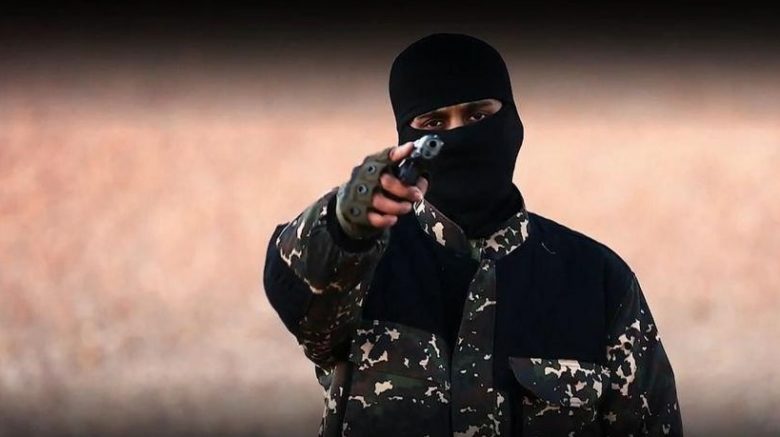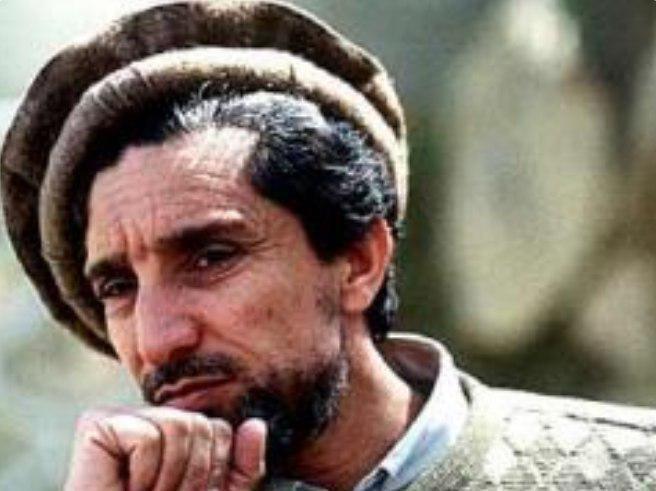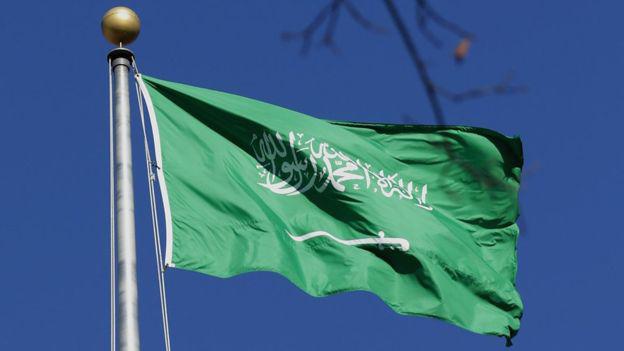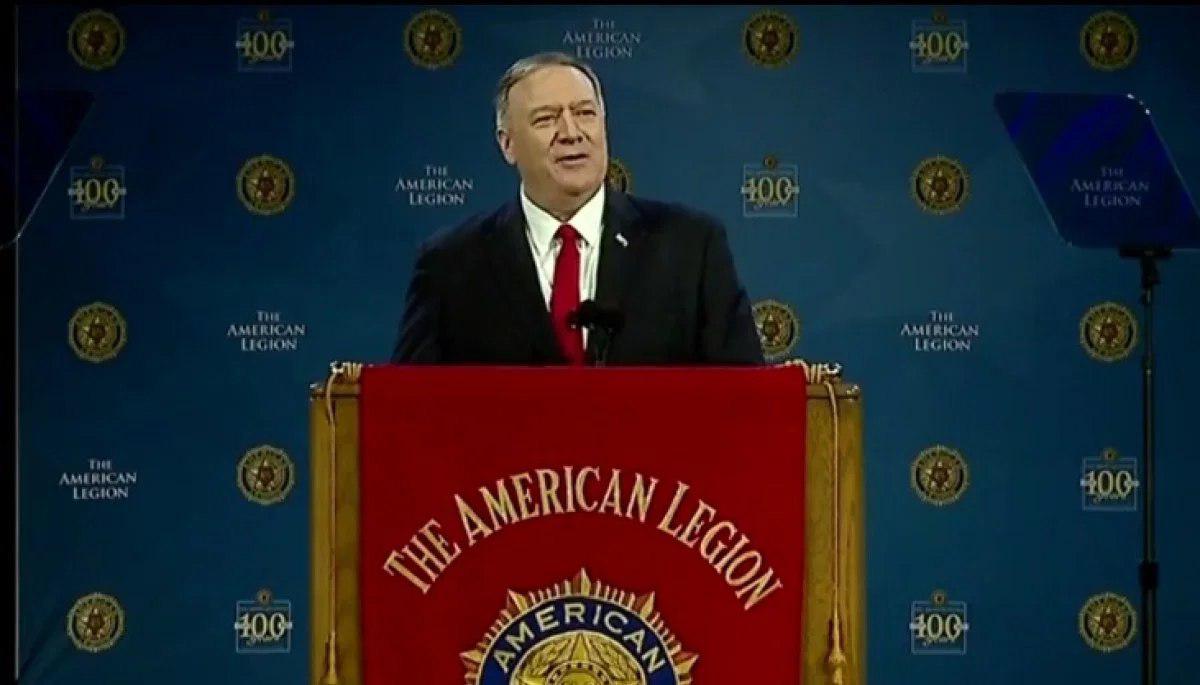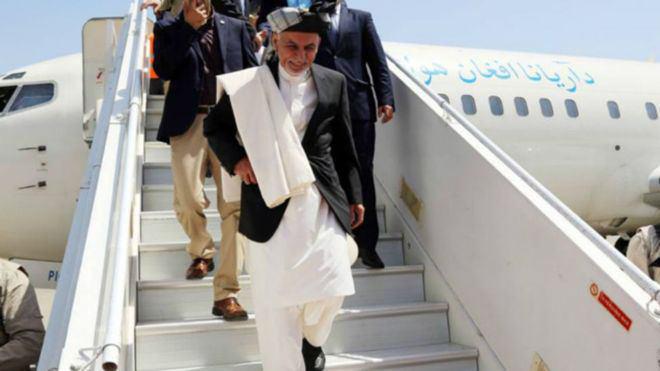Deep Disputes within Taliban team; Power Struggle between Stanekzai and Mullah Baradar
By Zaher Shokoohmand
Translator: Sayed Taher Mojab
The dispute between members of the Taliban’s political bureau in Qatar escalated when Mullah Baradar, the co-founder of the Taliban, left Pakistan for Doha. However, according to documents seen by DID Press Agency, the differences among senior members of the Taliban group in Qatar are far deeper than what one thought.
Based on the classified documents, which was written by the Institute for Security Studies on 13 October 2020, the members of the Taliban negotiating team are divided into three groups: Mullah Baradar, Mullah Abbas Stanekzai, and another group that has been dismissed but does not leave Doha.
The document suggests that Mullah Baradar is pushing to get rid of Mullah Abbas and Mullah Hakim to get along with the westerns himself. It indicates that Mullah Khairullah Khairkha and Mullah Fazel Mazloom are on Mullah Baradar’s side while Mullah Mannan Omari, Mullah Omar’s brother, Mullah Abdul Hakim, the new chairman of the Taliban delegation, and some others are supporting Mullah Abbas Stanekzai.
Some Taliban members, however, do not want Mullah Stanekzai and demand his removal. The Taliban do not even consider him as a Taleb, but the document says that Stanekzai is trying to sabotage the talks and move the Doha talks to another Arabic country, possibly the United Arab Emirates.
The document states that Mullah Hakim is a highly respected person among the Taliban, but Mullah Baradar considers him an obstacle to negotiations and calls him “Mullah koknar (opium poppy)” whenever the opportunity arises. “Mullah koknar” is already a popular title in Doha.
In contrast, Abbas Stanekzai’s team accuses Mullah Baradar and his supporters of extorting money from Americans. The classified document says that Mullah Baradar is receiving money from the Americans and sending it to his nephew in Quetta, Pakistan. In this document, however, the name of Mullah Baradar’s nephew and the amount of money are not mentioned.
Taliban’s weakness in negotiations:
In another part of the document, it is mentioned that the government’s negotiating team has so far acted strongly during the talks and the Taliban have entered the dialogue from a position of weakness, anger, and irrationality. The classified document indicates that the government’s team has challenged the Taliban by putting forward the Quran and Sunnah as the basis of the intra-Afghan talks while the Taliban suggest the US-Taliban deal as the basis of the talks. The Taliban do not want their rank-and-file to be informed of this issue because in that case, the least legitimacy of the Taliban’s Qatar office would be harmed seriously.
Separate meetings:
The document states that the government team has begun separate meetings with the members of the Taliban in Qatar. According to the document, the government team does not talk much and hears more from the Taliban. The classified document concludes that this has allowed the government team to know and analyze the Taliban’s plans before starting official direct talks.
It is believed that the disputes within the Taliban team are increasing day by day. The group’s fighters may have become aware that their representatives did not accept the Qur’an and Sunnah as the basis of negotiations, making the talks more difficult for them. I think we will see a lot of change in Doha in the coming weeks and it is possible that the Taliban team will be completely replaced. However, the continuing violent attacks by the Taliban in different parts of the country show that the group’s agreement with the United States was not valuable to the group’s war machine, and this suggests the fragmentation of the Taliban.





